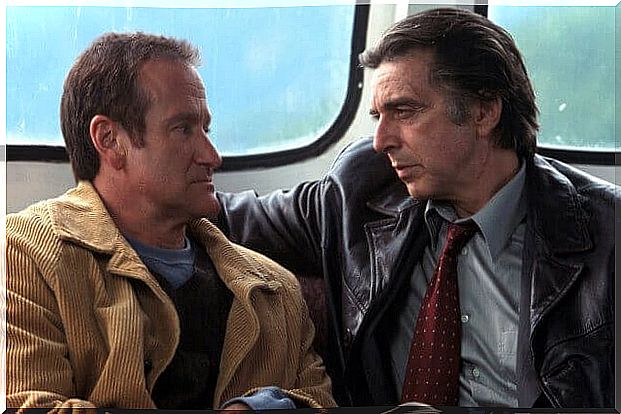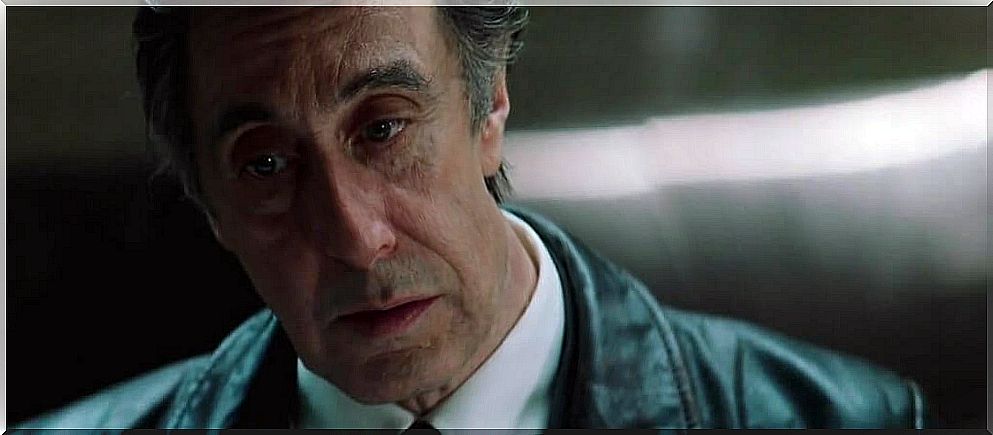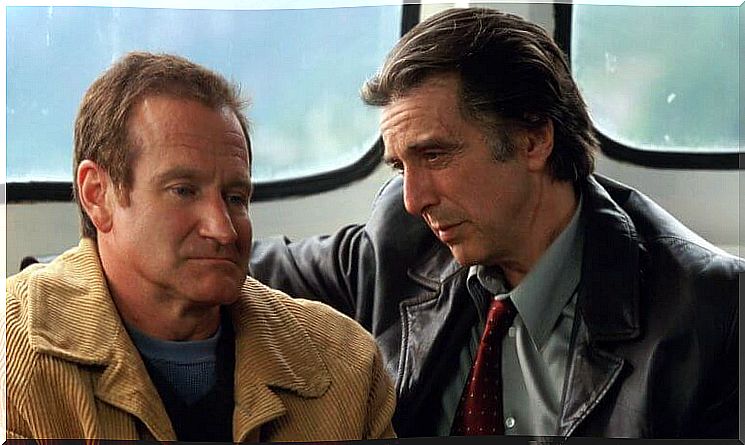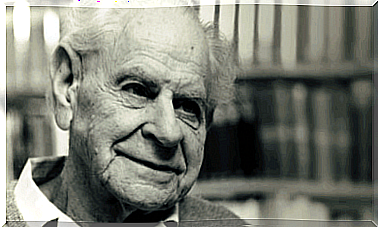‘Insomnia’: A Movie About Ghosts That Won’t Let Us Sleep

In 2002, Christopher Nolan directed a thriller titled ‘Insomnia’ that puts us in front of a strange murder in Alaska. Will Dormer (Al Pacino) is a prestigious Los Angeles police officer who travels with his partner Donovan to help investigate the brutal crime that led to the death of a teenager.
When they are about to catch the killer, Donovan dies by accident, and the killer (Robin Williams) escapes after observing everything that happened. Will is unable to accept what happened and tries to change the facts, including the evidence of the crime. The assassin feels identified with Will and begins to contact him, blackmailing him. The great detective, tormented by the death of his friend and the guilt he feels, in addition to the constant calls, begins to suffer from insomnia.
When massive guilt translates into insomnia
Al Pacino, playing Will Dormer, is unable to assimilate the accident he caused and denies what happened to others and to himself, which prevents him from integrating it into his own identity. He is unwilling or able to identify with the event and accept the blame, even though his conscience has registered everything that happened.
When such an event is experienced as traumatic, it is necessary to develop a realistic account that allows us to make sense of what happened. In this case, the rejection and denial were diminishing his basic faculties, both physical and mental.

The insomnia that doesn’t let live
After the accident, Will begins to generate internal beliefs such as “it wasn’t my fault” . Behavioral and mental avoidance of what actually happened helps you to notice intolerable aspects of your self, others, and the world.
Al Pacino provides a clear example of how post-traumatic stress disorder (PTSD) can develop. Will witnessed an extremely traumatic event to which he responded with fear, helplessness and horror. After the misfortune, he began to re-experience that moment through dreams, intrusive memories, flashbacks…
Will knew that the only solution to solving the case was to tell the truth and release the guilt, but he chose to avoid these memories and thoughts of the event and tried to change what happened by lying. To build a new story about the accident, he began to create distorted cognitions about the cause or consequences of the traumatic event, trying to shift the blame to someone else.
To continue his lie and make his guilt invisible, he began to distance himself from others, and his ability to experience positive emotions was fading. A young assistant noticed Al Pacino’s big change, especially the diminished attention span and general concentration caused by insomnia.

The division of personality in the face of trauma
In trauma, the personality is severely split between two or more very rigid psychobiological subsystems that cause adaptation problems. The prototypical personality subsystems can reach different degrees of elaboration and autonomy and become PANs and PEs:
- Emotional part of personality (EP): a high emotional charge from traumatic experiences is relived at the sensorimotor level. This part unintentionally directs the focus of attention to possible threats, which may be oversized due to the traumatic past.
- Seemingly Normal Part of Personality (PAN): A part that avoids traumatic memories and focuses on the functions of daily life. Although the person appears “normal”, the truth is that they have negative symptoms, such as detachment, insensitivity and partial or total amnesia from the traumatic experience.
This sharp division between the two personalities characterizes simple dissociative post-traumatic disorders, including post-traumatic stress disorder (PTSD). This separation between PAN and PE avoids the integration of traumatic memories and blocks the transformation of the event into autobiographical narrative memories. That is, the traumatized person needs to be able to tell and tell the truth about the event.
Our lives are the stage on which we act and the script changes the character in one way or another. In short, it is a film that reflects how an experience can mark a before and after, depending on how it was integrated into our own story.









